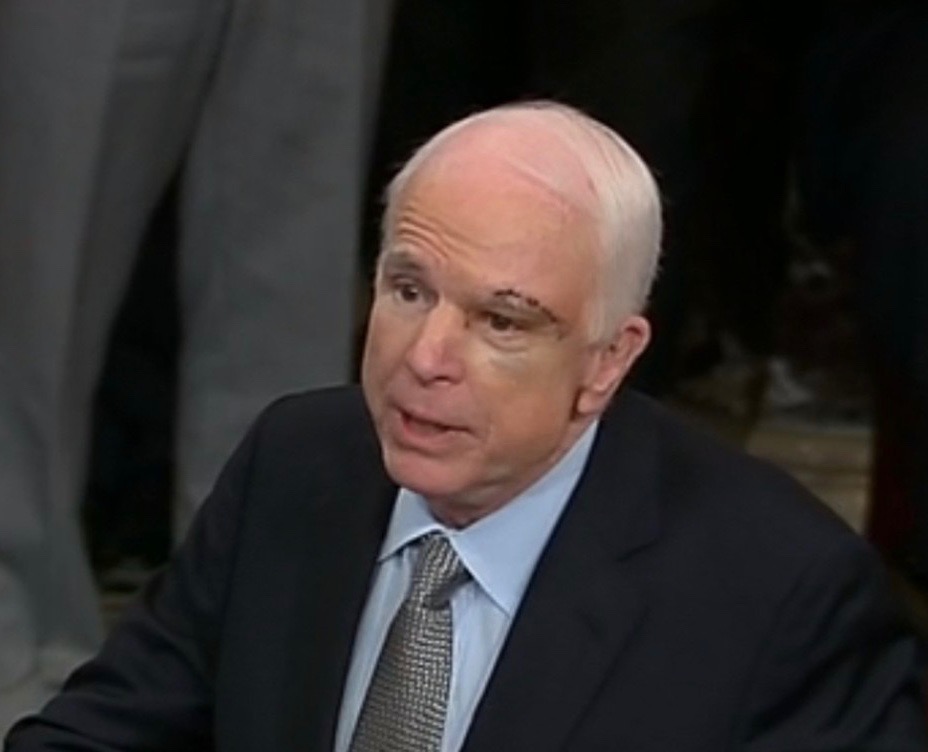When Sen. John McCain made his return to the Senate this week after his brain cancer diagnosis, all ears were on what he was saying about Trump’s attempt to alter/change/abolish Obamacare.
But as I read his comments from the Senate floor something else entirely jumped off the page at me. His comments about political “adversaries.”
And that word adversary is put in quotes for a reason, for one must appreciate that today’s adversary is tomorrow’s ally. If people disagree 75% of the time, for example, it means that they agree 25% of the time and will sometimes want to work together.
He was referring to politicians, but the same holds true for divorcing parents, or in my case, trial lawyers.
His comments, with my bolding for where I think the importance lies:
The Senate, Mr. McCain said, has not “been overburdened by greatness lately; they aren’t producing much for the American people. Both sides have let this happen.”
In self-reproach, he added: “Sometimes I’ve let my passion rule my reason. Sometimes I made it harder to find common ground because of something harsh I said to a colleague.”
Lawyers, of course, are duty-bound to zealously advocate for clients. Sometimes, however, that zealousness and passion spills over to the personal when two folks argue and jockey over an issue. But reason dictates that no matter how hard you fight over an issue, that you can’t let the passion get in the way of the big picture.
For one day you might need to talk candidly to that legal adversary, as when it comes time to settle a case. How well have you served your client if, due to passion, you are unable to have that candid conversation with your adversary to settle because you got caught up with the passion over the smaller one?
While lawyers involved in litigation talk about winning and losing, what we are really doing is engaging in risk management. At some point, depending on the facts, it may be in the client’s interest to take 80 cents on the dollar. Or 50. Or even 25. So too for the lawyer on the other side, recognizing that an all-or-none bet is not necessarily the risk that the client can afford to take.
Passion, as McCain notes, sometimes spills itself all over reason. And that’s well worth trying to remember in the heat of a fight.
